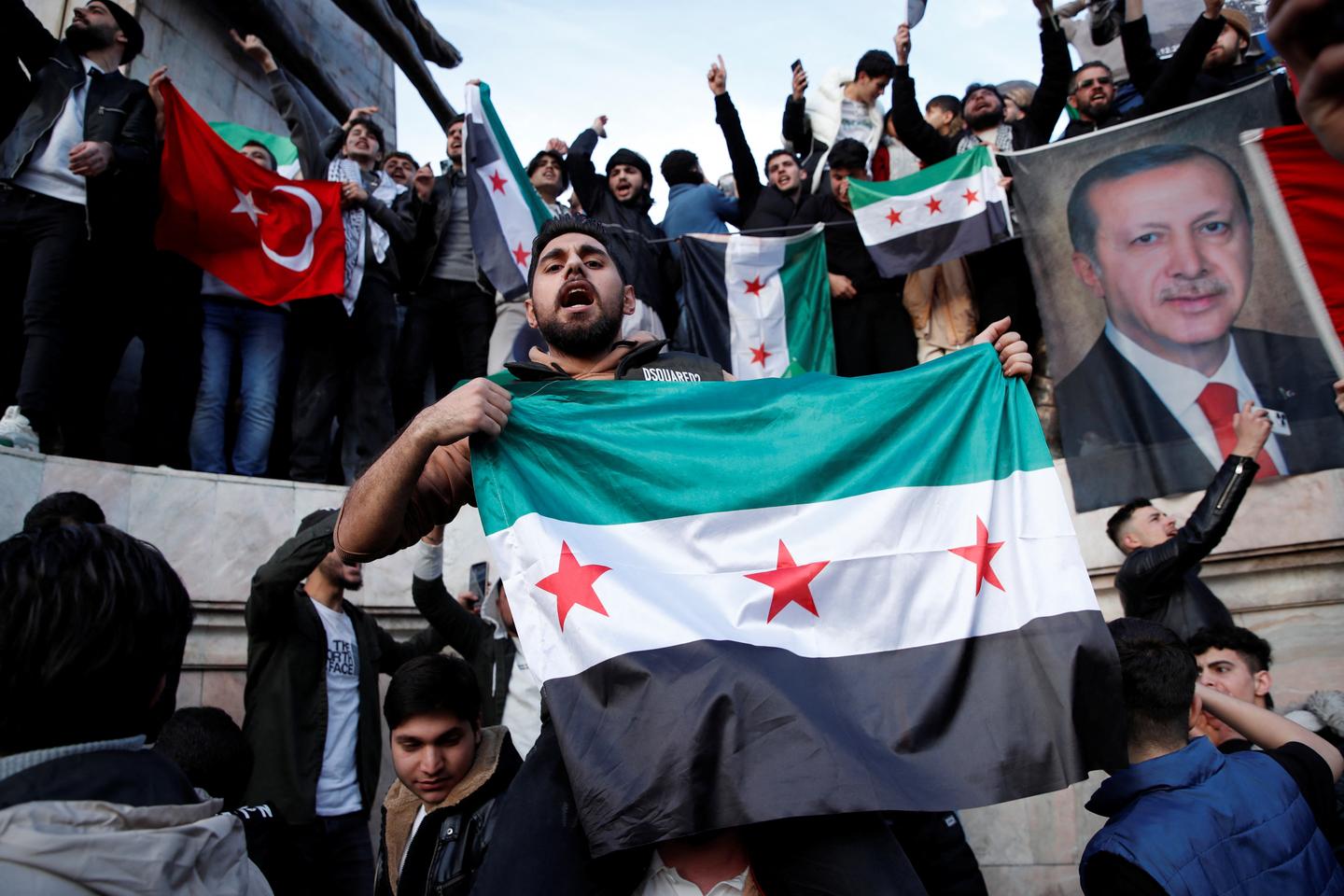


Sometimes, the slow course of history accelerates unexpectedly. After storming Aleppo and Hama, the country's second- and fourth-largest cities, on November 27, the joint Syrian rebellion led by Hayat Tahrir al-Sham (HTS) and the Syrian National Army has just taken Damascus with disconcerting ease and without unnecessary violence. It owes this unprecedented success to everything it lacked at the start of the revolution: organization, discipline and determination. This ideological maturity, paired with a tempered approach to relations with Kurdish, Alawite, and Christian minorities, comes at a time when the geopolitical context is finally unfavorable to the Bashar al-Assad regime, which the rebellion has tactically exploited.
Al-Assad's two main backers, Russia and Iran, are in difficult positions. Iran and its ally Hezbollah have been weakened by Israel's deadly wars in Lebanon and Palestine. Meanwhile, Russia's attention is focused on the Ukrainian front, depriving Bashar al-Assad of essential military aid. As for Turkey, Syria's closest neighbor, the primary destination for its refugees (currently numbering 4 million) and the first regional power to support the opposition in 2011, it has high hopes that this new configuration will lead to regional stability and normalization. It is therefore important to look at how Ankara will perceive and respond to the fall of Damascus in order to better understand the real or supposed role that Turkey has played in the emboldening of these "rebel" Syrian forces.
Turkey and Syria enjoyed excellent relations until 2011, when the Syrian revolution took off in the wake of the "Arab Spring." Forced into action by the violence of Bashar al-Assad's crackdown and the belief, at the time, that his fall was imminent, Ankara chose – not without hesitation – to break ties, and it granted aid to the rebellion. However, the revolution's failure, due to the combined impact of Russian and Iranian support for the regime and the rise of jihadism, plunged Syria into widespread chaos and dragged Turkey into the quagmire of this complex conflict.
Vital national interests
As a result, Turkey's border with Syria became porous and vulnerable to attacks from the Islamic State (IS) and the Kurdistan Workers' Party (PKK). Additionally, its humanitarian aid policy allowed some 4 million Syrians to find asylum there. Today, this massive presence is heightening social tensions. Finally, Turkey's support for the "rebel" forces spurred Bashar al-Assad to punish Turkey by renewing support for the PKK and its affiliates in Syria. For Turkey, these two issues – the fate of the refugees and the Kurdish question – are national interests vital to its stability and security. The strong, active support that Ankara has provided to the opposition for over 10 years is significant – but it should not be overestimated.
You have 53.3% of this article left to read. The rest is for subscribers only.
